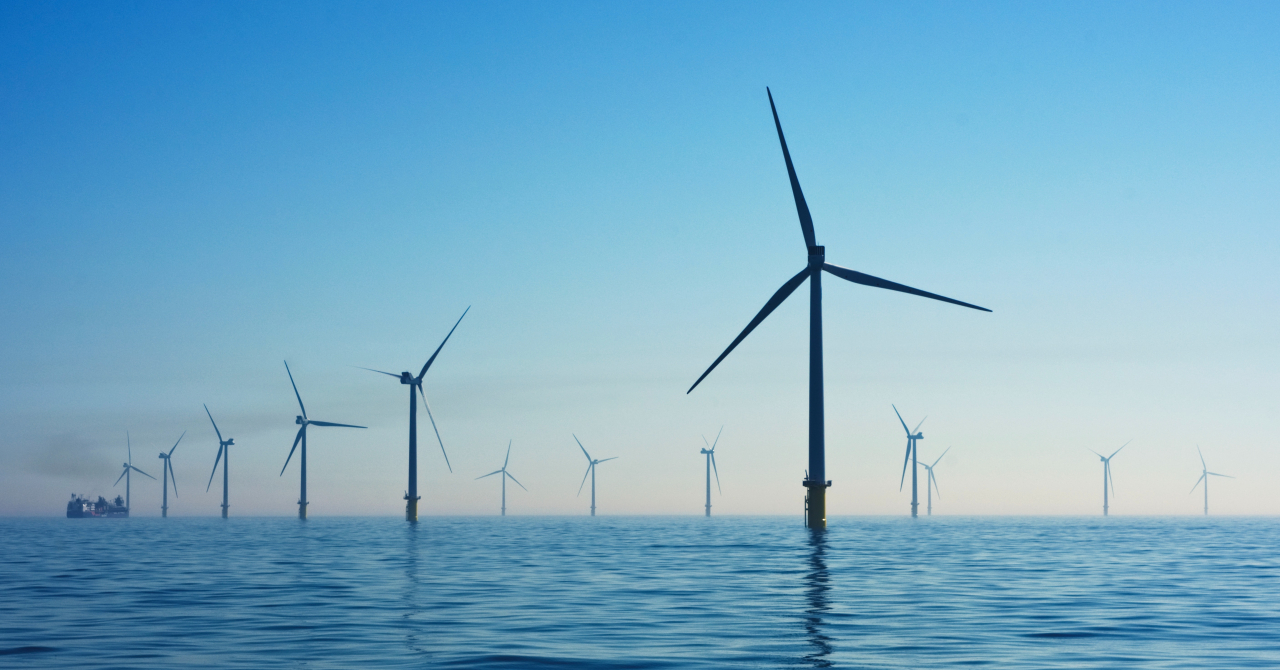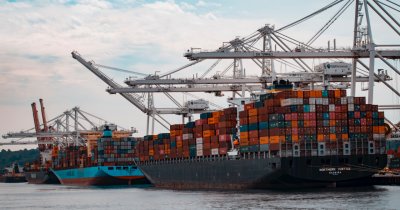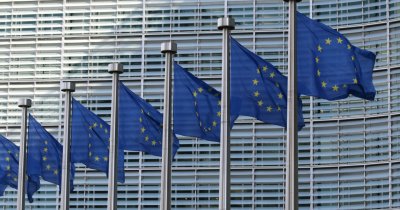According to Wind Daily, the announcement was made official on Tuesday, April 5th, when an environment ministry official stated that the country has an "unbelievable" potential in the increasing demand for green energy.
Marcelo Freire, member of the Ministry of Environment, said that the federal government is working on the rules for the tender that will take place in September or October, regarding the companies that will want to install offshore wind farms in Brazil in order to take advantage of the country's clean energy potential.
Brazil officials point to a few key factors which can make their country ideal for farming wind energy.
The first factor is the large coastline of the country, which extends for around 8.000 kilometer, with the other two favorable factors being the steady winds and the shallow waters, which should make the installation of wind turbines fairly easy.
The Ministry of Environment suggests that Brazil has a potential of 700 gigawatts of offshore wind power, which is about four times more than the amount the country produces at the time and nearly 20 times the amount of total offshore wind power available worldwide.
Marcelo Freire, deputy of secretary for climate and international relations, said that "Brazil has unbelievable potential to be a major exporter of green energy. We don't have the internal demand to consume all that. So we're looking at developing it as an industry that will export climate solutions."
The first offshore wind farms could appear in Brazil five years after the tender, Freire expects.
The member of the Ministry of Environment also points at the need for alternative energy sources in places like Europe, and he thinks countries with clean energy potential could provide the power required by Europe.
"At a time when Europe urgently needs to find alternative energy sources, Brazil has the potential to produce four times its current energy output with offshore wind", he said.
Speaking of Europe, there are projects across the continent that should expand on wind power.
Italy, for example, announced an offshore wind farm that is supposed to serve about 60.000 people, while other countries in Europe use wind power alongside other types of renewable energy sources in order to meet their energy demand.
Sweden is another country that wants to strengthen its position as a wind power producer, aiming to grow its clean wind energy by 70% by 2024.
Some of the countries in Europe that use alternative energy sources are Albania, Latvia and Romania, all using hydro and wind power to some degree, in order to diversify their energy sources.
Brazil's plans come just in time to increase the supply for clean energy, as in 2021, over 10% of the global energy demand came from wind and solar power.
The country's clean energy potential is a great aid to help us meet our climate goals, since a recent report from the Global Wind Energy Council said that we need to increase wind and solar installations if we want to reach our net-zero goals.
 Mihai - Cristian Ioniță
Mihai - Cristian Ioniță












Any thoughts?